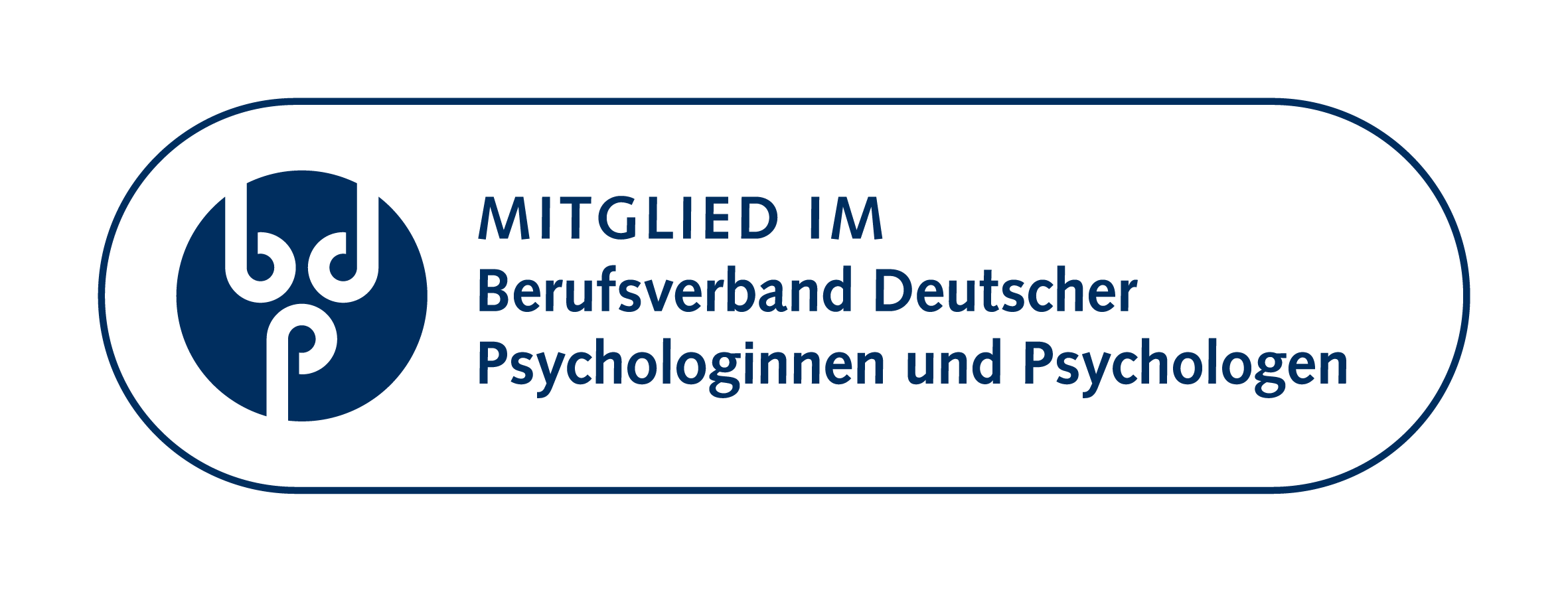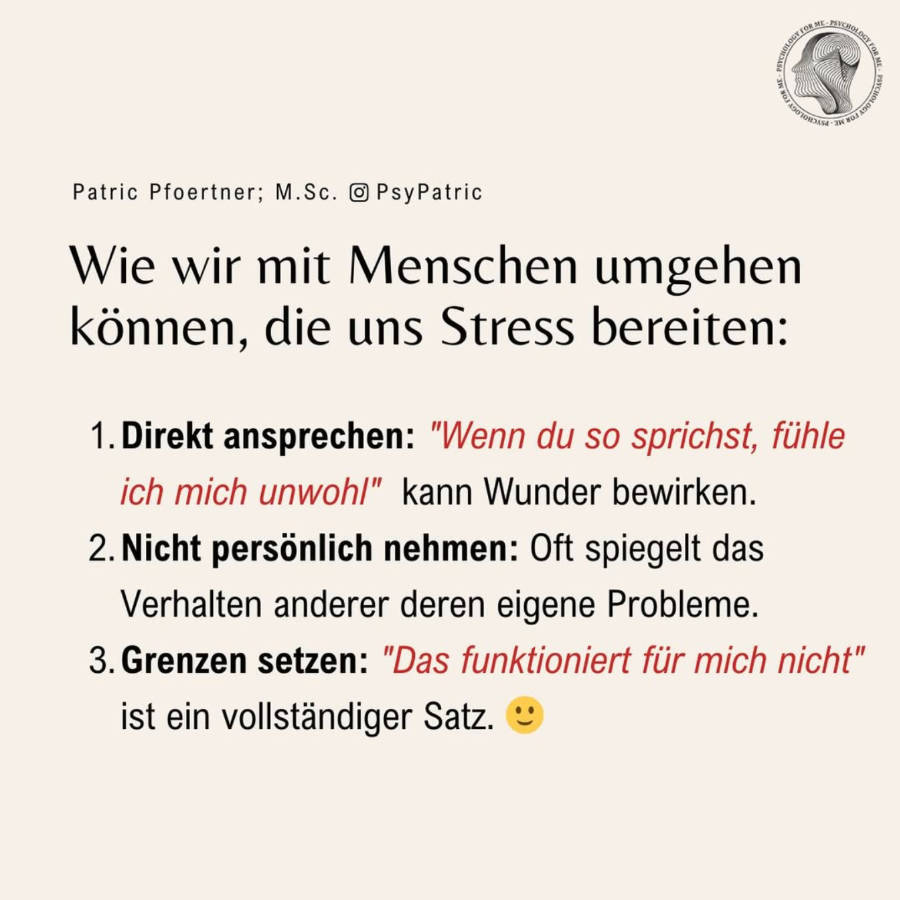Understanding Your Self-Esteem: A Path to Greater Well-being
It takes courage to explore your inner world, and taking a self-assessment test about your self-esteem is a powerful first step on that journey. Many people grapple with feelings of inadequacy or self-doubt at different points in their lives. These feelings are normal, but understanding them can pave the way for personal growth and a healthier relationship with yourself.
This Self-Esteem Assessment is designed to help you gain clarity. It offers:
- A confidential space to reflect on your perceptions and feelings about yourself.
- Insights into areas where your self-esteem might be flourishing or where it could benefit from nurturing.
- A starting point for deeper self-exploration or discussion with a mental health professional.
As a professional psychologist, I often encounter common questions about self-esteem. Let's address a few of them:
What exactly *is* self-esteem?
Self-esteem refers to your overall subjective emotional evaluation of your own worth. It’s a judgment of oneself as well as an attitude toward oneself. It encompasses beliefs about oneself (e.g., "I am competent" or "I am worthless") as well as emotional states, such as triumph, despair, pride, and shame. A healthy self-esteem isn't about arrogance, but rather a deep, stable sense of personal value and acceptance.
Why is self-esteem so important?
A strong sense of self-esteem is fundamental to our mental and emotional well-being. It influences how we think, feel, and behave in almost every aspect of our lives – from our relationships and career choices to our ability to cope with life's challenges. When we have healthy self-esteem, we are more resilient, more assertive, and more likely to pursue our goals and happiness.
What causes low self-esteem?
Low self-esteem can stem from a complex interplay of factors, including early childhood experiences, negative social comparisons, critical feedback from others, past failures or traumas, and societal pressures. It often develops when individuals internalize negative messages about themselves, leading to a pervasive feeling of not being good enough or deserving.
Can self-esteem be improved?
Absolutely! Self-esteem is not fixed; it is a dynamic aspect of our personality that can be nurtured and strengthened over time. This often involves challenging negative thought patterns, practicing self-compassion, setting healthy boundaries, celebrating small successes, and engaging in activities that align with your values and bring you a sense of competence. Seeking support from a therapist can also provide invaluable strategies and guidance for building a healthier self-perception.
Remember, your feelings are valid, and seeking to understand yourself better is a sign of strength. Be kind to yourself as you reflect on these questions, and know that every step towards self-awareness is a step towards a more fulfilling life.
























